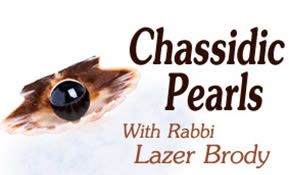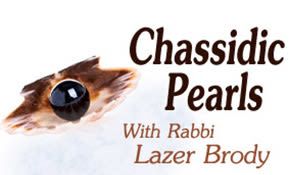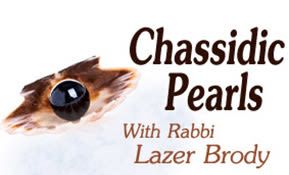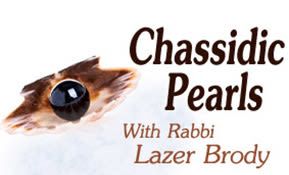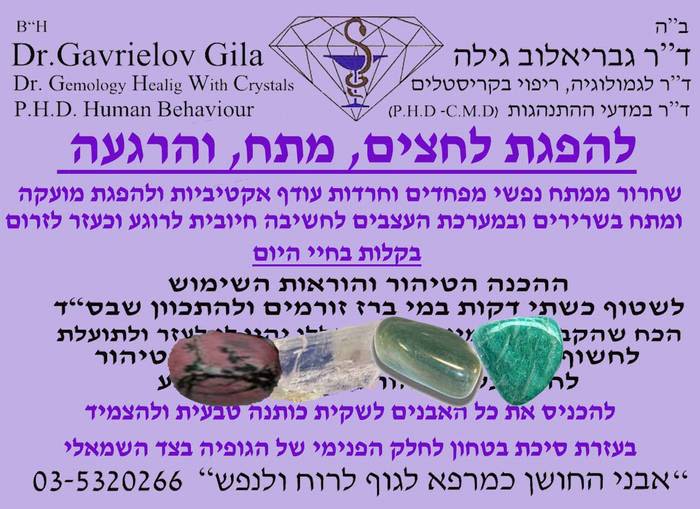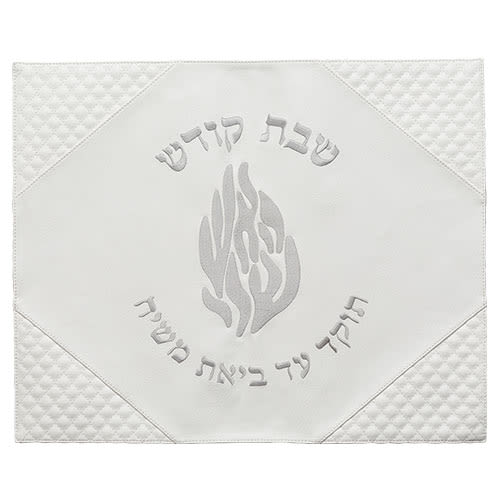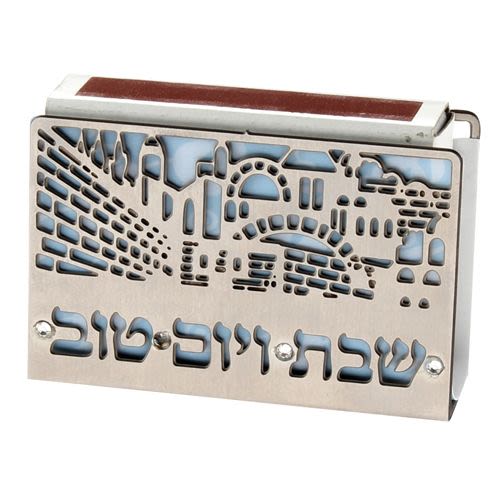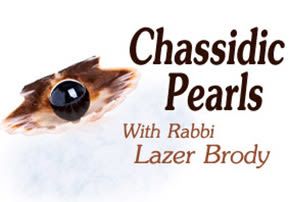
Vayeitzei: Asking Hashem for All Our Needs
A person who lacks a basic meal, a shirt on his back, or a roof over his head, is unable to function...

"Bread to eat and clothing to wear" (Bereishit 28:20).
The above passage illustrates that our forefather Yaakov (Jacob) didn't want to request a thing from Hashem other than his minimal needs. Nevertheless, one might wonder if Yaakov lacked trust in Hashem; must he ask for the barest minimum, without which he cannot live and serve Hashem? A person who lacks a basic meal, a shirt on his back, or a roof over his head, is unable to function properly. Shouldn't these basic necessities come automatically, without our having to ask for them?
A certain passage in the Gemorra is even more bewildering: "Mar Ukva says that the two daughters of Gehinnom yell hav hav!" (see tractate Avoda Zara, 17a). Mar Ukva, one of the Talmud's greatest scholars, employs a play on words: Hav in Aramaic means "give me", and hav hav is the barking of a dog. Mar Ukva teaches that one who asks for material possessions in this world, ends up barking like a dog in purgatory, heaven forbid. Apparently, according to his teaching, our forefather Yaakov would have been punished for requesting food and clothing. How could that possibly be?
Rebbe Nachman of Breslev instructs us (Likutei Etzot, Tefilla, 25) that, "A person must accustom himself to praying for all his needs at all times, whether livelihood, or children, or if he has a sick person in his household, heaven forbid, and so forth. For each of his needs, the principal advice is only to pray to Hashem and to believe that Hashem is good for everything – for curing illness, for livelihood, and for every other need – and one's principal efforts should be in praying to Hashem, and not in chasing after so many contrivances."
With Hashem's help, Mar Ukva and Rebbe Nachman aren't contradicting one another. When Mar Ukva talks about the anticipated punishment in Gehinnom for seeking material things, he's speaking about one who seeks materialism to satisfy bodily appetites and lusts. On the other hand, when Rebbe Nachman says that we must ask Hashem for everything, he is referring to the basic material needs that we need to perform Hashem's commandments. Clearly, a soldier cannot fight without food and clothing. According to Rebbe Nachman, everything Hashem gives us in material wealth and possessions must be recycled into Torah and mitzvot. That's exactly what our forefather Yaakov did.
As such, those who pray for their needs in order to do Hashem's will are rewarded in the next world, for they succeed in elevating material objects such as food and clothes into spirituality – Torah learning, prayer, and good deeds. Yet, one who seeks materialism for personal gratification only can expect the type of fate that Mar Ukva describes.
With Hashem's loving grace, the following parable will clarify the difference between the two different types of requests that Mar Ukva and Rebbe Nachman were speaking about:
The Duke had two personal valets who traveled with him wherever he went. One day, a special messenger arrived from the palace to inform the Duke that he was invited to dine with the King and a number of the world's leading statesmen. This was to be the most prestigious event of the year.
The valets both knew that the Duke's appearance had to be impeccable. They both had shoe-shine boxes with an assortment of brushes and pastes. Yet, for this occasion, they needed something special. The Dukes custom-made knee-high black leather boots would have to shine like mirrors. Both valets requested special Belgian horse-hair brushes and Welsh saddle soap. Despite the fact that such items were exorbitantly expensive, the Duke agreed, and procured the requested articles for each valet.
On the afternoon before the royal banquet, the two valets were feverishly polishing boots. The first valet was polishing the Duke's boots, bringing them to a high gloss; all he cared about was his master's prestige. The second valet was using his new Belgian horse-hair brushes and Welsh saddle soap to polish his own boots. Suddenly, the Duke entered their workroom; he saw his best boots in the first valet's hands, while catching the second valet in the act of polishing the latter's own boots.
"Aha," said the Duke, "a valet must be neat and clean, but a regular brush and polish are more than adequate for a valet's own boots. The Belgian horse-hair brushes and Welsh saddle soap cost a good two-hundred silver crowns; were it not for the royal banquet, I'd have never purchased them. Yet, for a servant to use them for his own boots is insufferable! The nerve!"
Needless to say, the second valet was reprimanded and punished while the first valet was rewarded for his selfless service of the Duke.
* * *
When we utilize the blessings of abundance to perform Hashem's commandments, we resemble the first valet that used all his tools in the service of the Duke. This is the type of person that Rebbe Nachman was referring to when he instructed us to ask Hashem for all our needs. But, when we ask for material needs and possessions, ultimately using them for our own appetites, we are in effect guilty of embezzling the King, heaven forbid. Anyone who embezzles the King is certainly deserving of severe punishment, like Mar Ukva states in the abovementioned Gemorra tractate.
Our sole purpose on this earth is to seek Hashem; we do just that by learning Torah and keeping his mitzvot. Therefore, all the tools that Hashem gives us should be used in attaining that goal. The sooner we all strive to perform Hashem's will, the sooner we'll merit to see the full redemption of our people and the rebuilding of the Beit Hamikdash, speedily and in our days, amen.


